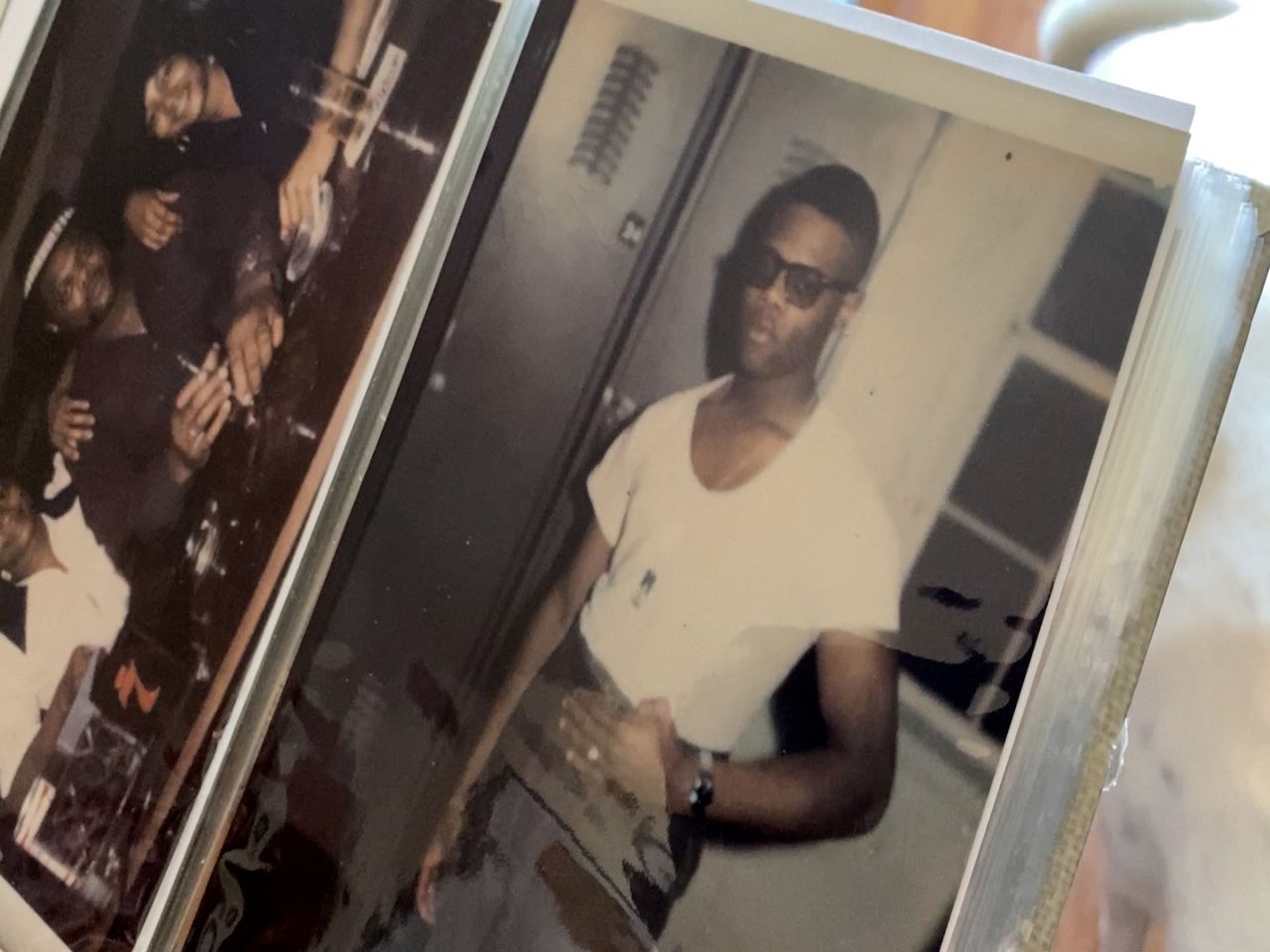A Northeast Ohio Alzheimer’s caregiver wants to raise awareness about the disease.
Alzheimer’s can’t be prevented, treated or slowed, and African Americans are twice as likely as white Americans to have the disease or another dementia, according to the Alzheimer’s Association.
Rosetta Moore’s been caring for her husband Booker since his diagnosis 12 years ago. Recently, his condition has taken a turn for the worse.
“I don’t know if it’s because of the pandemic or it’s just that his mind is progressing in the opposite direction,” she said.
Rosetta now handles most all chores around the house and works to keep Booker in a set daily routine.
“Sometimes I can be standing here washing these dishes and tears would be rolling because my next thought is, ‘Will he wake up one morning and don’t know who I am?’” she said.
Past events are still fresh in Booker’s mind.
“We caught each other’s eye and one thing led to another,” he said.
“We lived next door to each other,” Rosetta said. “And my oldest son was four years old and he asked him, he said, ‘Would you take my mom out cause she’s lonely?’”
“And now we are a couple,” said Booker. “And that’s beautiful.”
But remembering more recent things is the problem.
“He could recall what he did in the military, but he could not recall what he had for breakfast,” Rosetta said. “That bothered me.”
Rosetta said she first noticed something was wrong when he started having rage issues.
“We could be driving and a car would pull up next to me, and he would just be ready to get out of the car to fight,” she said.
A geriatric specialist eventually provided the diagnosis in a matter-of-fact manner, encouraging the couple to get their affairs in order.
“He just gave me this cold list,” she said. “You just told me my husband’s got Alzheimer’s. And then you tell me to make funeral arrangements, find nursing homes.”
She said looking for nursing homes brought criticism from others.
“I had people saying, ‘Oh, we, African Americans, we don’t put our parents or our loved ones in a nursing home," she said. "We don’t do that. And I’m thinking, you crazy. God gave man the ability to do this. Therefore he gave me a brain to use to seek out these facilities. The best ones for him. And that’s exactly what I did.”
She wants to remove the stigma surrounding the disease.
“Don’t sweep it under the rug and hide our people in the background saying, ‘OK, they’re just old, they can’t think for themselves,’” Rosetta said.
She encourages others to learn more about the disease and reach out to the Alzheimer’s Association for support.
“I want us to be educated on this disease so that our people won’t suffer in silence anymore,” she said.
It’s time for the African American community to join forces in the fight against Alzheimer’s together, she said.
“We have to get up," Rosetta said. "We have to spend the effort. We have to become a part of these experimental programs to understand how it works in our community and with our people.”
In the meantime, she said her goal is her husband’s happiness.
“(Being a caregiver is) a job," she said. "And it’s a hard job. But it’s a loving job. And I wouldn’t change it for nothing in the world."



